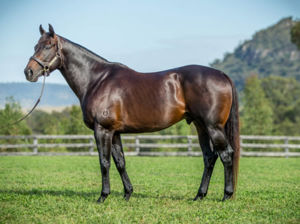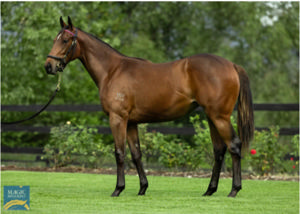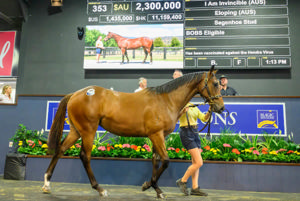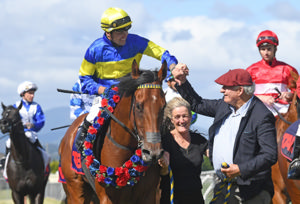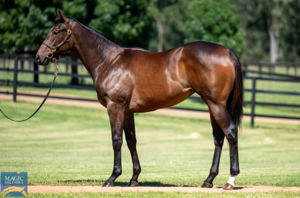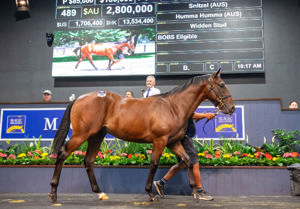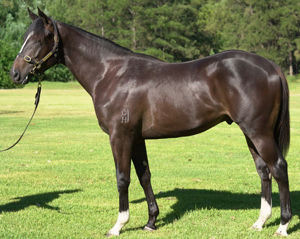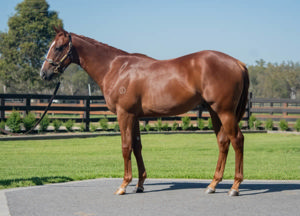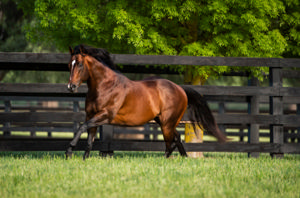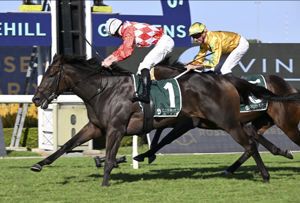Regardless of what type of business we set-up for clients, always the most important consideration is what tax structure we should use - Paul Carrazzo explains.
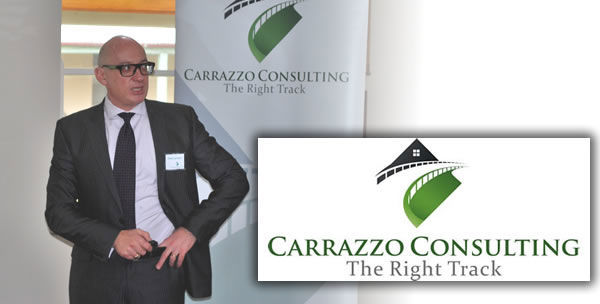
The structure we are asked most often about are companies – no great surprise as they would be the most common of all the small business tax structures.
Though they are the most common small business structure, but companies may not suit every client’s circumstances. There are common structures such as sole trader, trusts, partnerships and joint ventures to also consider.
This article will outline the Frequently Asked Questions (FAQ) I receive in relation to companies, and hopefully my responses will give you a sound basis in determining whether a company is right for your horse business.
The tax laws have changed significantly in relation to companies in the past 20 years, you maybe surprised what an article like this will reveal.
- OVERVIEW
I will begin by summarising the main issues and characteristics of a company.
- Establishment – Directors/Shareholders are bound by a constitution
- Who controls – the Directors/Shareholders
- Cost to establish and operate – in comparison to other entities, low to medium
- Governing Law – Corporations Act
- Tax Rate from 1 July 2020 – 30% or 25% for smaller turnover (“base rate”) companies
- Distribution of Losses – Trapped in a company
- Carry forward of losses – Continuity of ownership and same business restrictions apply
- Income splitting – via dividends, especially so if a trust is the shareholder
- Access to 50% Capital Gains Discount – No
- Small Business Capital Gains Tax concessions – Yes
- Can the principal be employed – Yes
- Can loans be made to principals – Yes, but strict rules for the more profitable companies
- Shareholders – can be individuals or other related entities, such as a family discretionary trust
- FAQ
Q1 – Should I buy my breeding property in a company?
Answer
Not recommended as the property is a capital asset and there is no access to the 50% CGT discount when it is sold
Q2 – Can GST on stock and other related expenses incurred before the company is set-up be claimed?
Answer
To claim GST credits for these pre-establishment costs of a company the following seven criteria must apply:
- the purchase must be for the purpose of bringing the company into existence or carrying on a business after it comes into existence
- the company must come into existence and be registered for GST no more than six months after the purchase
- you must become a shareholder, officer or employee of the company
- the company must have fully reimbursed you for the cost of the purchase
- the purchase must not be used to make input-taxed sales or for private purposes
- to avoid “double dipping” the company must not be entitled to a GST credit for the purchase, if it subsequently acquires the thing from you
Q3 – Has the “same business test” been watered down to make it easier to maintain and carry forward company losses?
Answer
If there has been a greater than 50% change in the ownership of the shares, company losses are lost unless the company meets the “Similar Business Test”.
Acknowledging how hard it is for a loss company to pass the strict ‘Same Business Test’, the ‘Similar Business Test’ was made law by the Government on 1 March 2019 and applies retrospectively to tax years starting on or after 1 July 2015. The revised ‘Similar Business Test’ and the new opportunities it presents are discussed below.
This new test applies in relation to tax losses incurred in a tax year starting on or after 1 July 2015. Thus, if you buy the majority of a loss company and it has losses incurred pre-1 July 2015, the deductibility of those losses is assessed under the old same business test.
As with the same business test, the focus of the similar business test is on the identity of the business as well as the continuity of the business activities and the use of the assets to generate income. In this context, ‘similar’ does not mean similar ‘kind’ or ‘type’ of business.
There are four factors to determine whether a current business is ‘similar’ to its former business, being:
- Factor 1 – The extent to which the same assets are used to generate income.
- Factor 2 – The extent to which the activities and operations from which the company’s current business generated income.
- Factor 3 – The third factor is the identity of the company’s current business and the identity of its former business
- Factor 4 – Development of the former business.
This factor looks at the extent to which any changes to the company’s former business result from the development or commercialisation of assets, products, processes, services or marketing or organisational methods of the former business.
It follows from the above, that there must be something in the activities or operations of the former business that make the change a natural organic development of the former business.
Q4 – Now that my former “hobby” horse activities have evolved into a business, can I convert these horse activities to a company?
Answer
Yes, if the activities meet the ATO business tests – proper advice should be sought.
What needs to be factored in is the potential CGT liability to the sole trader, given that the stock transfers to the company need to be at market value.
Q5 – Can I race my hobby horses in my new company horse business?
Answer
Companies do not get access to the 50% CGT discount; thus, I would not recommend this strategy. Hobby horses would be designated as CGT assets, not trading stock, profitable hobby sales may be potentially subject to CGT.
Q6 - I don’t want my partner to have voting rights in my company, can I have different classes of shares in my company to avoid this?
Answer
Yes, but refer to the company constitution as to what class of shares can be offered.
When more than one class of stock is offered, companies traditionally designate them as Class A and Class B, with Class A carrying more voting rights than Class B shares. Class A shares may offer 10 voting rights per share held, while class B shares offer only one (or none).
Q7 - If I lend my company money to provide it working capital in the early years, say to buy foundation mares or service fees, do I pay tax when the company becomes profitable, and these loans are repaid?
Answer
No, the repaying of these loans doesn’t attract tax for the director and/or shareholder.
However, these loan repayments do not reduce the taxable company profits either. Clients often ask this question!
Q8 - If my company makes losses, can the directors/shareholders use these to reduce their own personal tax?
Answer
No, the company is a separate legal entity, losses are quarantined within the company and only the company can use them to reduce any future tax payable.
Q9 – If I use a company for my horse activities, does this significantly increase the likelihood I will be accepted as an ATO business?
Answer
No, this is not the “magic bullet” to get ATO approval.
Q10 – Can my horse company also be used for other business activities I have?
Answer
Yes, nothing to stop this happening. I would much prefer the other activity not be high risk as the horses can also be used to pay the liabilities of the other business.
Please do not hesitate to contact the writer if you wish for me to clarify or expand on any of the matters raised in this article.
PAUL CARRAZZO CA
CARRAZZO CONSULTING PTY LTD
801 Glenferrie Road, Hawthorn, VIC, 3122
TEL: (03) 9982 1000
FAX: (03) 9329 8355
MOB: 0417 549 347
E-mail: paul.carrazzo@carrazzo.com.au
Web: www.carrazzo.com.au

